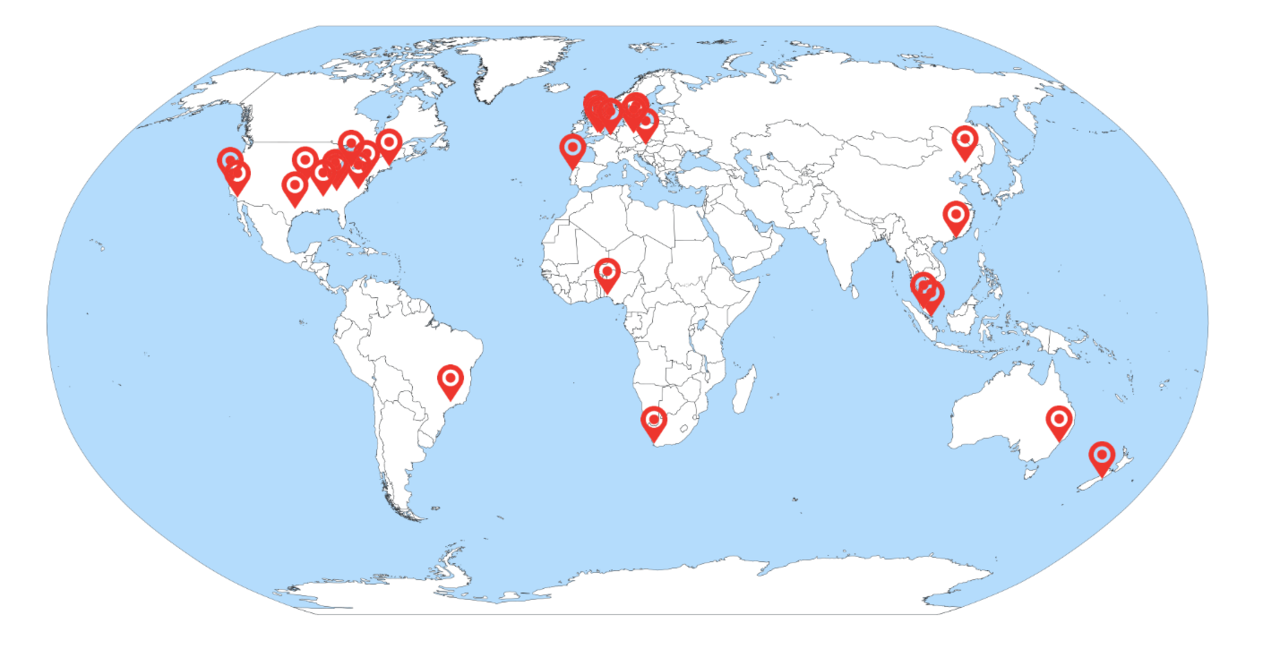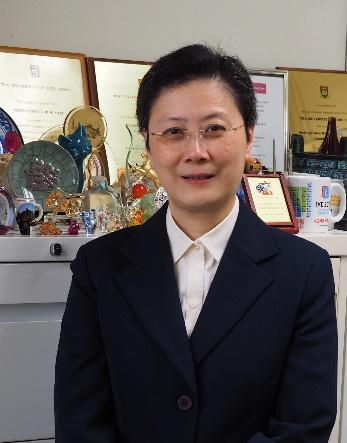Diverse Views in Science | Global statements on diversity: Vivian WW Yam
Published in Chemistry

Professor Vivian WW Yam, University of Hong Kong.

In your opinion, which scientific questions will set the trends in the coming decade, and which science problems would you like to tackle?
There are many pressing scientific questions that need to be solved and grand challenges that need to be met. The challenges are well-described in the UN Sustainable Development Goals that require interdisciplinary and global efforts. We are interested in functional materials research, especially molecular functional materials based on metal-organic and organic molecules that can perform optical and optoelectronic functions in addressing energy issues by generating new sources of clean renewable energy through solar energy conversion to produce solar fuels and solar electricity, as well as OLEDs for energy-efficient lighting and display technology. Chemistry is a central science. We are working at the interface of Chemistry, Physics and Engineering to achieve materials and energy research. On another front, our research focusing on luminescence sensing, imaging and diagnostics will require us working at the interface of Chemistry, Biology and Medicine.
How do you experience diverse leadership, diversity in your lab, publication and peer-review, promotion and career progression, in your host country? What are the impediments for creating inclusive, equitable research labs, departments and practices?
Hong Kong is a highly international and metropolitan city, a place where east meets west. We are used to multi-national culture and diversity. Hong Kong has always been open and inclusive. We have a robust system to embrace equality, diversity and inclusion (EDI). Our university is international and is a founding member of “HeForShe” movement to promote gender equality. At our university, workshops on gender issues, diversity and unconscious bias and mentorship programs for young female faculties on a one-to-one mentor-mentee pairing are in place. Balanced representations are sought as far as possible in committee compositions. As a laureate of L'Oréal-UNESCO For Women in Science Award, I am strongly committed to promoting gender equality and diversity. I also serve as Chair of the Committee for Women Chemists of Chinese Chemical Society. Our Committee organizes activities, like symposia dedicated to women chemists at national meetings. We support each other and have regular exchanges through our WeChat group. I am also a member of International Organization for Chemical Sciences in Development (IOCD), UNESCO that promotes chemical sciences for sustainable development and EDI. I am fortunate to have an understanding and supportive family and an open and supportive research and working environment. I also provide a supportive and inclusive environment for my research group consisting of a good mix of boys and girls from diverse backgrounds from local and non-local origin. As an author, I do not feel there is a bias from my experience in publishing and peer-review. As a reviewer and editor, we just look at the work, focusing on the innovation, quality and rigor of the science.
What is your message to the next generation of scientists, and what are your tips for their success?
As a scientist, one should excel not only in one’s own discipline, but also should have a broad perspective and knowledge of other disciplines, at least to understand the scientific problems and challenges in the other disciplines and to learn the common language to communicate. These are important for cross-disciplinary collaborative research and team work. One also needs to have a strong foundation of the fundamental principles and concepts to achieve life-long learning. One should be open-minded and should be open to criticism and self-reflection, inclusive of diverse views and not to be overly defensive. One should also be creative, have the passion and the motivation to strive for excellence. I am a firm believer that regardless of one’s gender and race, as long as one has the passion, the dedication and determination, one can excel. Science has no borders. We are living in a challenging world. We need diversity and inclusion which can be facilitated by cultural competence and we must go hand in hand to make the world a better and more sustainable place for us and our future generations. We also need young people, irrespective of gender, races and nationality to be engaged in doing science and research and to become our next generation of leading scientists.
Please sign in or register for FREE
If you are a registered user on Research Communities by Springer Nature, please sign in